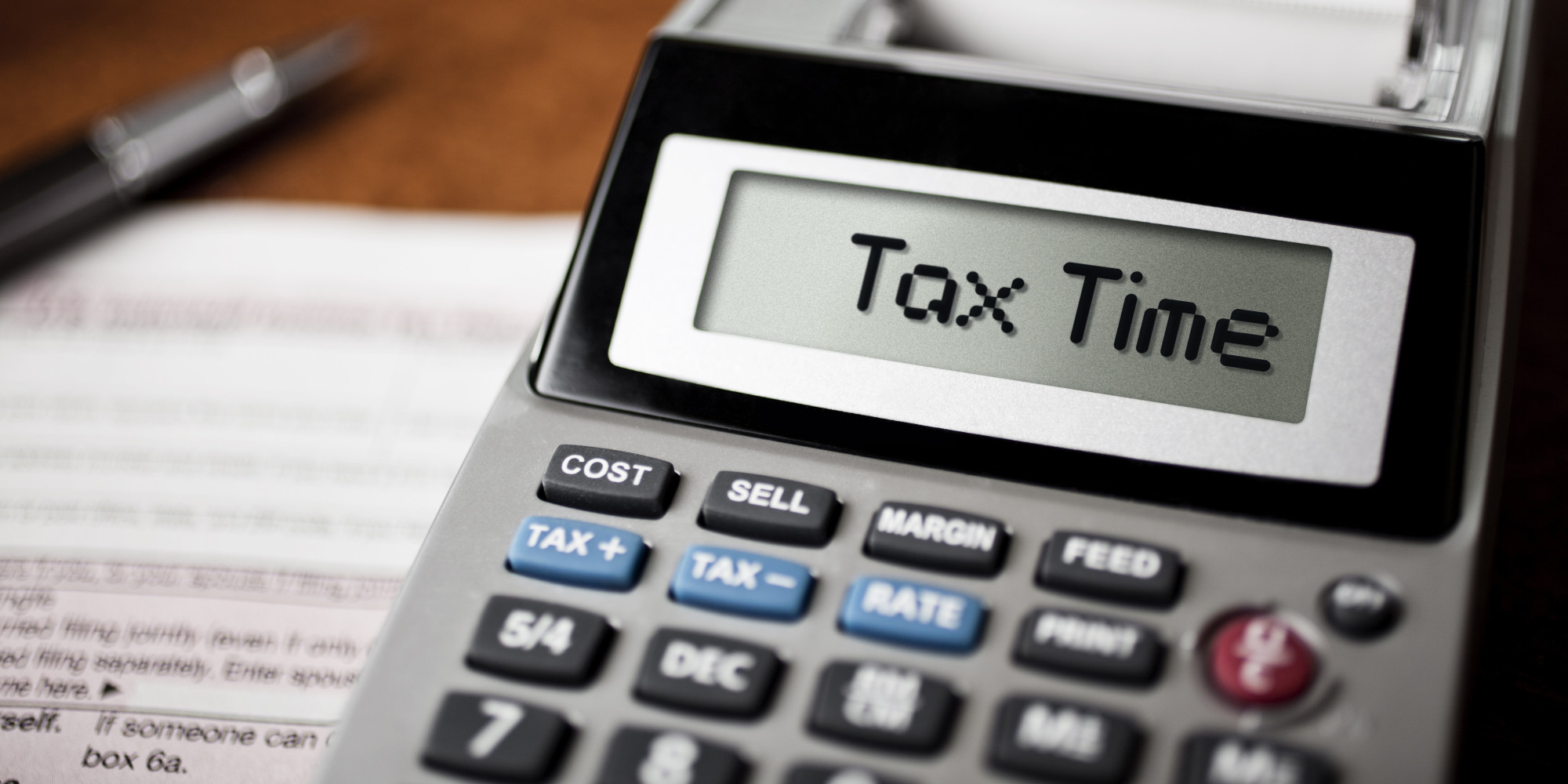
WHAT IS INCOME TAX?
Income tax is the money you pay to government from your wages to pay for roads, schools, hospitals etc.
The amount of tax that you pay depends on:
- How much you earn.
- Your age (whether you are under 65 or over 65).
- Whether you are a member of a pension fund or pay towards a retirement annuity fund.
Examples of income on which you can be taxed include:
- income from employment eg. salaries, wages, bonuses, overtime
- fringe benefits and certain lump sums
- income from a business or trade
- investment income eg. interest, rental income, and foreign dividends
- annuities
- pensions
- income from your own business.
WHO SHOULD REGISTER FOR INCOME TAX?
Everybody receiving any form of employment income, including those below the tax threshold, must register for income tax. This helps SARS reduce the scope for non-compliance.
You can register for income tax at a SARS office by completing an IB- IT 77 form. You will need the following:
- A certified copy of your Identification Document or Passport or your driver’s licence;
- Your bank details: either a cancelled cheque or a certified/original copy of your account statement or an original letter from the bank confirming your bank details;
- Income details for the last 3 years e.g. copies of IRP5 etc.
Once you have been registered and given your tax number, you can then register on www.sarsefiling.co.za as a tax payer and fill out your returns online.
SITE AND PAYE
There are two main types of tax that are deducted from an employee’s salary or wages:
- SITE (Standard Income Tax on Employees)
- PAYE (Pay As You Earn).
Standard Income Tax on Employees (SITE)
Standard Income Tax on Employees, or SITE, is not a separate tax. It is merely a method that means employees who earn less than a certain amount pay income tax as a full and finial liability on the information to the specific employer. SITE generally applies to individuals:
- whose net remuneration does not exceed R120 000 annually;
- who do not receive a traveling allowance; and
- who do not receive any other income.
Pay-As-You-Earn (PAYE)
Pay-As-You-Earn, or PAYE, ensure that an employee’s income tax liability is settled in a continuing fashion, at the same time that the income is earned. The advantage of this is that the tax liability for the year is settled over the course of the whole year of assessment. The amount of PAYE you pay depends on how much you earn and is calculated from tax tables issued by the South African Revenue Services.
TAX RETURNS
Once a year, your employer will give you an IRP5 tax certificate that shows the total amount that you earned and the total tax that was deducted. If you earn more than R120 000a year, you need to complete a tax return and send it with your IRP 5 certificates to SARS. A person who receives remuneration less than R120 000 may choose not to submit an income tax return, provided the following criteria are met:
- Salary is from a single employer;
- Salary is for a full year of assessment (1 March – 28/29 February); and
- No allowance was paid, from which PAYE was not deducted in full with regards to travel allowance.
You must register with SARS before you complete a tax return. If you are already registered, your tax return forms will be sent to you in the post. You can also collect the forms from your nearest SARS office. You can also receive and submit your tax returns electronically using the the SARS eFiling system.
e-Filing is an electronic tax return and submission service. You can register for eFiling if you are already registered as a tax payer. You will need your tax reference number and ID number. You will receive detailed instructions on how to complete the tax return with the forms.
When you submit your return SARS will check that you have paid the correct amount of tax. If you have paid too much tax you will get a refund. If you have not paid enough tax you will be asked to pay the outstanding amount. You can also collect a copy of the forms from your nearest SARS office.
You can be fined or imprisoned if you are found guilty of:
- tax evasion (i.e. not paying your income tax )
- not completing an income tax return
- not disclosing all your income on your income tax return.Contact Information: For more information, visit the
|

